THE basis of true freedom is tolerance.
Tolerance has nothing to do with the endorsement of any view. And freedom is the sine qua non of any vibrant democracy.
When Pakatan Harapan (PH) was mandated by the electorates to form the government, one of its prime victories in promoting a new democracy was by repealing the Anti-Fake News Act.
Being a deputy minister of law, I was entrusted to present the repealing act in Parliament.
On our first attempt to have it repealed, we were unsuccessful. The Barisan Nasional senators in the Dewan Negara voted against such an annulment.
Constitutionally speaking we have to wait for a year in order to re-table the said repealing legislation. On our second attempt, we managed to have it repealed finally.
No doubt that the Anti-Fake News Act was a menace to freedom of speech and expression duly enshrined in our apex law.
Such a repressive law was not apt for a new mandated government that sought to promote a new democracy.
Assuming PH was still in power it would have been nightmarish to even dream of seeing anyone, let alone any journalists, be arraigned in court for criminal defamation.
Be that as it may, I am dumbfounded to learn of The Edge’s editor emeritus being charged in court for criminal defamation under section 500 of the Penal Code.
To add salt to the injury, another The Edge journalist, N. Shanmugam, will also be charged for the same offence soon.
It goes without saying that these two senior and superb journalists are not ordinary reporters who merely publish quotidian news.
We may safely conclude that they, as journalists of The Edge, belong to the elite group of the media industry. The newspaper’s readership, after all, largely consists of the corporate community.
We sincerely believe that the majority of investors, like it or not, would refer to The Edge before making any viable decision to invest or not to invest in our country.
Hence one does not have to be a rocket scientist to be cognisant of the latest unprecedented and mind-boggling prosecutions’ devastating impacts on the investors’ community, local and abroad.
The government may only see these two journalists’ charges as mere criminal prosecution. What they may fail to realise is that the investor fraternity is viewing the existing criminal indictment as oppressive persecution.
As pointed out earlier, the bedrock of democracy is freedom and freedom is, without doubt, premised on tolerance. An Indian jurist used to say that in a democracy one is not required to sing the same song. I would add that in a true democracy one has to tolerate even a lousy song.
Therein lies the central theme of tolerance.
The entire basis of the law of defamation is the protection of one’s dignity and reputation. It provides two-pronged remedies – civil and criminal defamation.
We may argue that criminal and civil defamations share common objectives.
Nevertheless, we should never be oblivious to this truism – the upshots of criminal and civil defamation are poles apart.
After all, we do not send any civil defamers to prison. Furthermore, how does one get rid of a criminal record if an ordinary person, let alone a journalist, is convicted of criminal libel?
Mohamed Hanipa Maidin is a former deputy minister in the prime minister’s department (law) and the current MP for Sepang.
Original source: https://www.thevibes.com/articles/opinion/71514/criminal-defamation-against-journalists-extremely-harsh-oppressive-mohamed-hanipa-maidin



